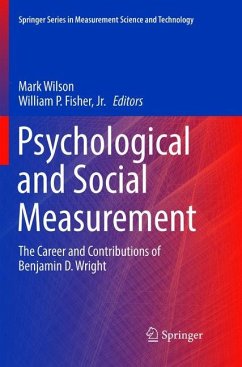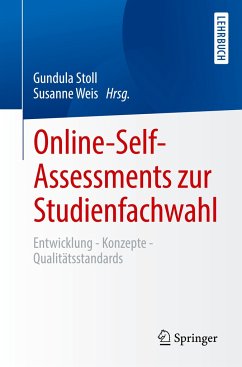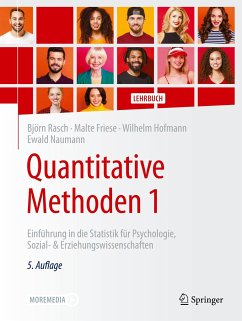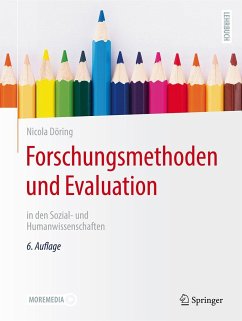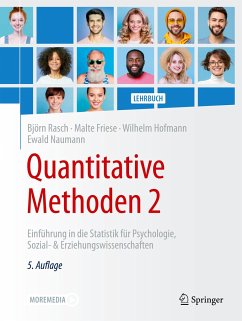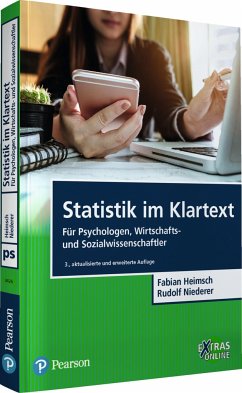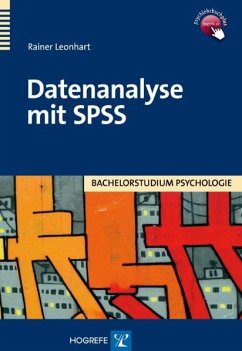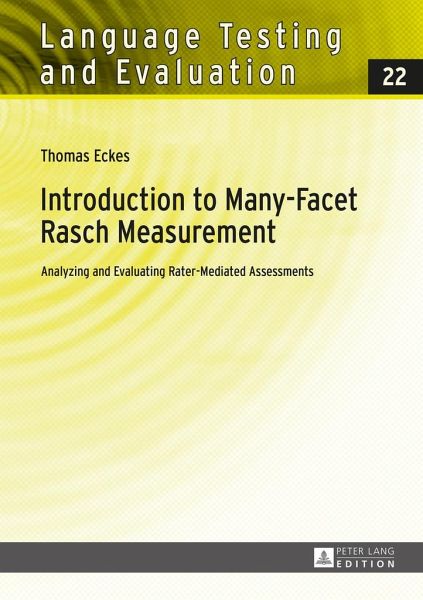
Introduction to Many-Facet Rasch Measurement
Analyzing and Evaluating Rater-Mediated Assessments. 2nd Revised and Updated Edition
Herausgegeben: Sigott, Günther
Versandkostenfrei!
Versandfertig in 6-10 Tagen
67,75 €
inkl. MwSt.

PAYBACK Punkte
0 °P sammeln!
Since the early days of performance assessment, human ratings have been subject to various forms of error and bias. Expert raters often come up with different ratings for the very same performance and it seems that assessment outcomes largely depend upon which raters happen to assign the rating. This book provides an introduction to many-facet Rasch measurement (MFRM), a psychometric approach that establishes a coherent framework for drawing reliable, valid, and fair inferences from rater-mediated assessments, thus answering the problem of fallible human ratings. Revised and updated throughout...
Since the early days of performance assessment, human ratings have been subject to various forms of error and bias. Expert raters often come up with different ratings for the very same performance and it seems that assessment outcomes largely depend upon which raters happen to assign the rating. This book provides an introduction to many-facet Rasch measurement (MFRM), a psychometric approach that establishes a coherent framework for drawing reliable, valid, and fair inferences from rater-mediated assessments, thus answering the problem of fallible human ratings. Revised and updated throughout, the Second Edition includes a stronger focus on the Facets computer program, emphasizing the pivotal role that MFRM plays for validating the interpretations and uses of assessment outcomes.






